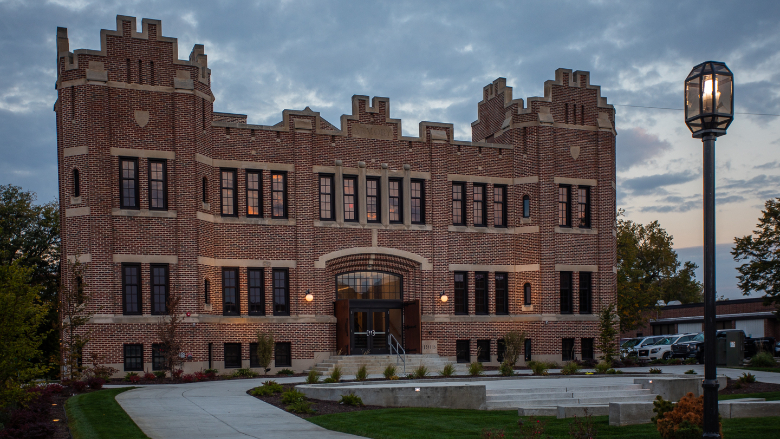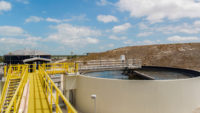The U.S. Environmental Protection Agency announced $20 billion in grant awards April 4 to eight nonprofit groups to finance climate and clean energy projects. Rather than directly funding projects, officials say the grants create a new network of financing for tens of thousands of future projects that would reduce carbon emissions, with a focus on low-income and disadvantaged communities.
The money comes from two programs under the $27-billion Greenhouse Gas Reduction Fund, which was created through 2022’s Inflation Reduction Act. Three grants worth a combined $14 billion were awarded through the National Clean Investment Fund (NCIF) for nonprofits to establish financing institutions to fund clean technology projects nationally by partnering with private investors, developers and community organizations. Five other grants totaling $6 billion were awarded through the Clean Communities Investment Accelerator (CCIA) to create hubs providing both funding and technical assistance for projects like distributed energy, net-zero buildings and zero-emissions transportation projects.
As part of the grant process, the selected groups committed to funding projects that will reduce or avoid greenhouse gas emissions and push funds specifically toward low-income, rural and tribal communities. They have also committed to leverage every $1 of grant funding with nearly $7 in private funding.
“The grantees announced today will help ensure that families, small businesses and community leaders have access to the capital they need to make climate and clean energy projects a reality in their neighborhoods,” Vice President Kamala Harris said in a statement.
All the selected awardees have already been involved in supporting communities across the country. EPA officials highlighted some of the small projects led by the groups, such as making energy efficiency upgrades in homes, rehabilitating a former National Guard armory into space for small businesses and nonprofits and installing solar panels and battery backup at a senior housing community.
The single largest award is a $6.97-billion NCIF grant to Climate United Fund, a nonprofit partnership formed by the groups Calvert Impact, the Community Preservation Corp. and Self-Help. Climate United has already been meeting with partners in North Carolina, Wisconsin, New York and South Dakota, and the group says it is targeting projects that will improve air quality, create jobs, lower energy bills and increase energy security. They have committed to deploy at least 60% of the grant money in low-income communities, 20% in rural communities and 10% in Native American communities.
“As our country moves towards a greener and more sustainable future, we must ensure that every community can benefit from a clean energy economy,” said Rafael Cestero, CEO of Community Preservation Corp., in a statement.
The other NCIF awardees include Coalition for Green Capital, which is set to receive $5 billion, and Power Forward Communities, which will get $2 billion.
The largest CCIA award is $2.29 billion for Opportunity Finance Network. The nonprofit Community Development Financial Institution intermediary provides capital to a network of more than 400 community lenders. Amber Bell, the network’s chief strategy officer, said in a statement that its CCIA program was designed in partnership with its members, which have been working for decades and are deeply engaged with their respective communities.
“OFN will leverage these resources to equip our members to invest and reinvest in projects and technologies that reduce greenhouse gas emissions and support healthy communities that are resilient to the effects of climate change,” Bell said.
The CCIA grant winners also include Inclusiv, with a $1.87-billion award; Justice Climate Fund with $940 million; Appalachian Community Capital with $500 million and Native CDFI Network with $400 million.
Grants from a third program under the Greenhouse Gas Reduction Fund, called Solar for All, have not yet been awarded. EPA officials said last year that they had received notices of intent from states, territories, municipalities and nonprofits requesting more than $38 billion in funding from the $7-billion program.






Post a comment to this article
Report Abusive Comment